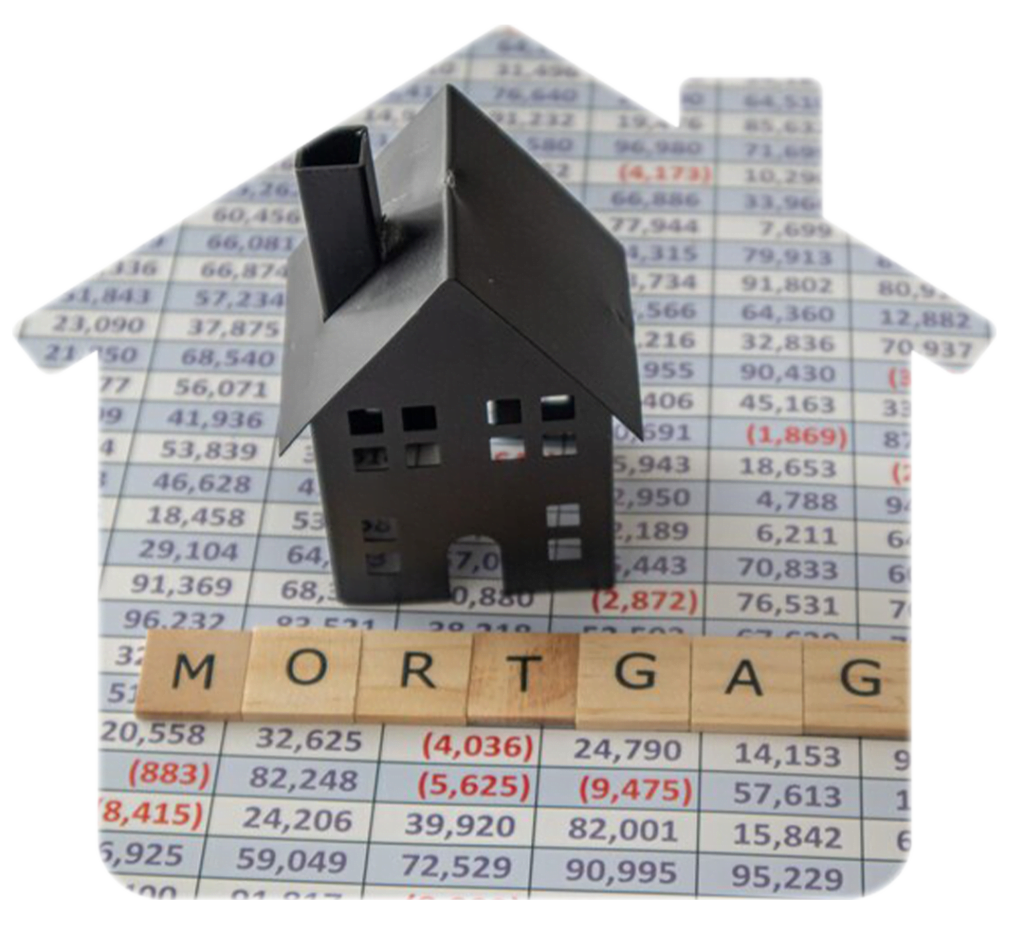MORTGAGE TERMINOLOGY DICTIONARY

Welcome to the Mortgage Terminology Dictionary!
Understanding the terms and concepts related to mortgages is crucial for anyone considering buying a property or applying for a mortgage loan. In this dictionary, we provide you with a comprehensive and accessible guide to help you familiarize yourself with the most common terms in the world of mortgages.
From basic concepts like “principal” and “interest” to more specific terms like “escrow” and “prepayment penalty,” our goal is to provide you with a clear and concise explanation of each term so that you can make informed decisions during the home-buying process.
Whether you’re a first-time buyer or an experienced investor, this dictionary will serve as a valuable reference tool as you explore available financing options and work towards your homeownership goals.
Feel free to explore our dictionary and don’t hesitate to reach out if you need further information or have any questions about a specific term. We’re here to help you navigate the exciting world of mortgages!
Mortgage: A loan provided by a lender (usually a bank or mortgage company) to finance the purchase of real estate.
Principal: The initial amount of money borrowed in a mortgage loan.
Interest: The cost of borrowing money, expressed as a percentage of the loan amount (principal), typically paid to the lender in addition to the principal amount.
Annual Percentage Rate (APR): The total cost of borrowing money over the course of a year, including interest and certain fees, expressed as a percentage.
Down Payment: The initial payment made by the borrower toward the purchase price of the property, typically expressed as a percentage of the total purchase price.
Loan Term: The period of time over which the mortgage loan must be repaid, typically expressed in years (e.g., 15 years, 30 years).
Amortization: The process of paying off a mortgage loan through regular payments, which typically include both principal and interest, over a specified period of time.
Fixed-Rate Mortgage: A type of mortgage loan in which the interest rate remains constant (fixed) for the entire term of the loan.
Adjustable-Rate Mortgage (ARM): A type of mortgage loan in which the interest rate can change periodically based on changes in an index, typically resulting in changes to the monthly payment amount.
Closing Costs: The fees and expenses associated with finalizing a mortgage loan and transferring ownership of a property, including appraisal fees, title insurance, and attorney fees.
Private Mortgage Insurance (PMI): Insurance required by lenders for borrowers who make a down payment of less than 20% of the home’s purchase price, designed to protect the lender in case the borrower defaults on the loan.
Escrow: A third-party account used to hold funds, such as property taxes and homeowners insurance premiums, collected as part of the monthly mortgage payment and disbursed as needed.
Prepayment Penalty: A fee charged by some lenders if the borrower pays off the mortgage loan before the end of the loan term.
Points: Fees paid to the lender at closing in exchange for a lower interest rate on the mortgage loan.
Home Equity: The difference between the current market value of a property and the outstanding balance of any mortgage loans secured by the property.
